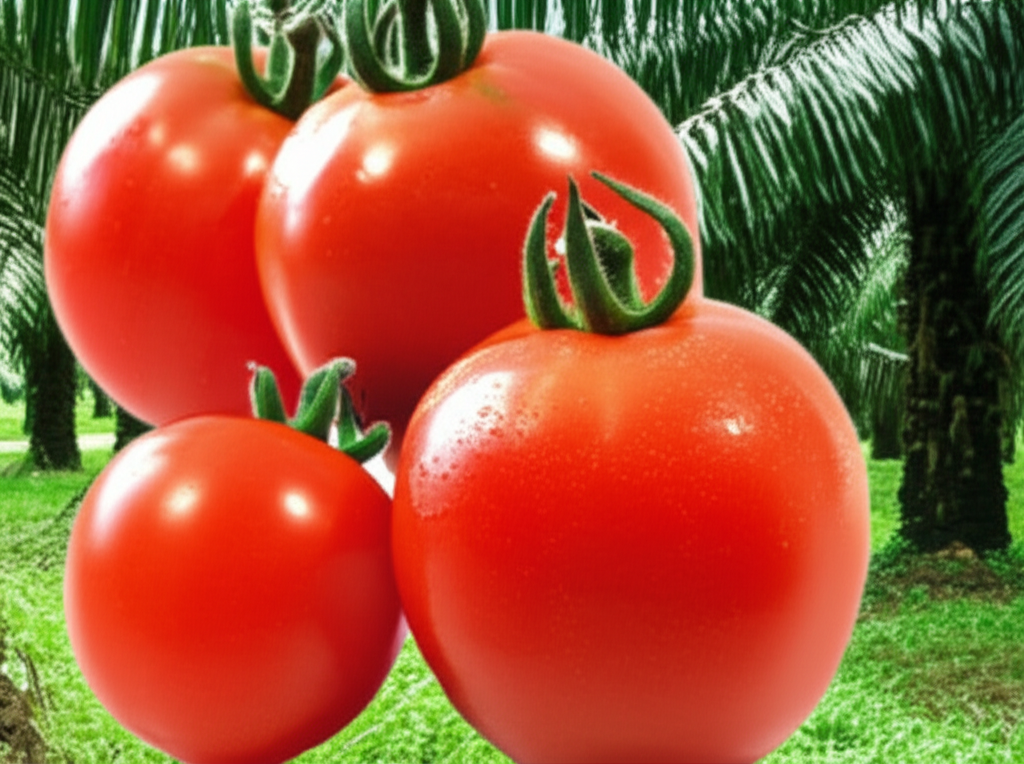Imagine biting into a perfectly ripe tomato, bursting with flavor, weeks after you bought it. Food waste is a massive global problem, with tons of produce spoiling before it even reaches our plates. Now, researchers at Universiti Teknologi Malaysia (UTM) have found a sustainable solution that not only tackles food waste but also transforms agricultural waste into a valuable resource.
The researchers have developed a novel food coating using carboxymethyl cellulose (CMC) derived from oil palm biomass, specifically Empty Fruit Bunches (EFB). These bunches are often discarded as waste, but through an innovative process involving green ozonolysis pre-treatment and carboxymethylation, they’re transformed into ‘BiOzCMC’. This new material is then optimized using Response Surface Methodology (RSM) and Fractional Factorial Design (FFD) focusing on factors like sodium hydroxide concentration, reaction time, and temperature to achieve optimal results. The result is a coating with enhanced purity and other beneficial properties.
Compared to commercial CMC, BiOzCMC exhibits several advantages. Tests using X-Ray Diffraction (XRD), Fourier Transform Infrared Spectroscopy (FTIR), and other advanced techniques revealed that BiOzCMC has lower crystallinity, smoother morphology, higher thermal stability, and smaller particle size. But the real magic happens when it’s applied to tomatoes. Tomatoes coated with BiOzCMC as an additive demonstrated extended shelf life, reduced weight loss, improved mechanical properties, and suppressed microbial growth for over a month. This means fresher produce for consumers and less waste ending up in landfills.
This research showcases the potential of waste valorization, turning a problem – oil palm waste – into a solution – a sustainable food coating. It’s a step towards a more circular economy, where resources are used efficiently and waste is minimized. The next steps involve exploring the application of BiOzCMC to other types of produce and scaling up the production process to make it commercially viable. This UTM research holds the promise of transforming the food packaging industry and contributing to a more sustainable future. https://doi.org/10.1016/j.ijbiomac.2025.145660


